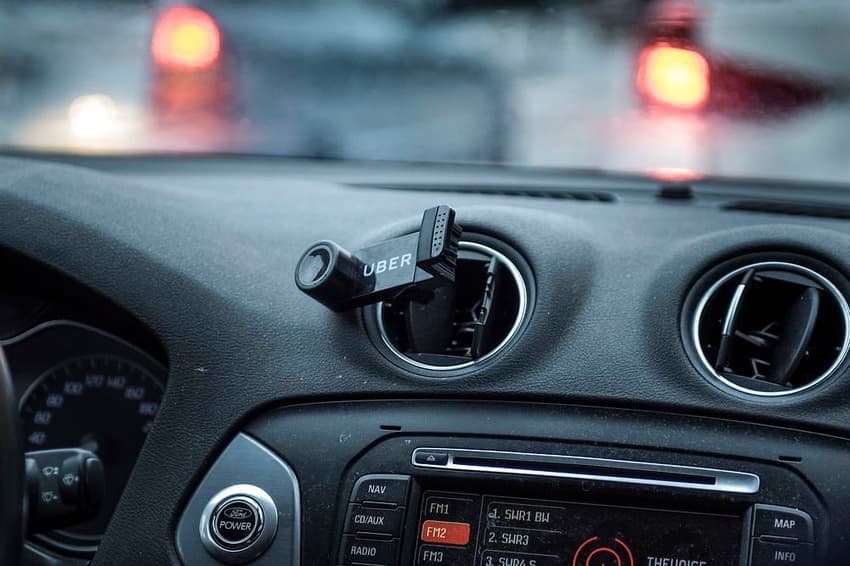Uber wants to return to Denmark after admitting past mistakes

Ride sharing app Uber says it wants to return to the Danish market after leaving in 2017 following protests against the company.
In an interview with newspaper Berlingske, the company’s Scandinavia spokesperson Kristian Agerbo said the company intends to roll back on to Danish roads.
“We are working on coming back to Denmark. But when that happens, it will be in the right way. The model will be different this time,” Agerbo told the newspaper.
The company, which was founded in San Francisco in 2010, originally entered the Danish market in Copenhagen in 2014 and had 2,000 drivers at its peak.
But complaints to police, protests and court cases plagued the ride sharing firm, which eventually withdrew from Denmark in early 2017.
“We are a company that wants to offer technology and benefit many people,” Agerbo told Berlingske.
“But there was [during the company’s previous operations in Denmark] a one-eyed focus on the benefits of the technology for users and drivers without enough consideration for the rest of society and the political climate. That was the wrong way to do things,” he continued.
Uber drivers were given fines in district and high courts in Denmark in 2016 for breaking taxi laws.
Agerbo said that Uber is now working on agreements with Danish authorities as well as the taxi industry.
Eight years after its founding, the company now has 18,000 full-time employees worldwide, 75 million registered users, three million drivers and cars in over 600 cities in 75 countries.
Agerbo was unable to put a date on the firm’s potential return to Denmark.
READ ALSO: Man takes taxi from Copenhagen to Oslo, runs from fare
Comments
See Also
In an interview with newspaper Berlingske, the company’s Scandinavia spokesperson Kristian Agerbo said the company intends to roll back on to Danish roads.
“We are working on coming back to Denmark. But when that happens, it will be in the right way. The model will be different this time,” Agerbo told the newspaper.
The company, which was founded in San Francisco in 2010, originally entered the Danish market in Copenhagen in 2014 and had 2,000 drivers at its peak.
But complaints to police, protests and court cases plagued the ride sharing firm, which eventually withdrew from Denmark in early 2017.
“We are a company that wants to offer technology and benefit many people,” Agerbo told Berlingske.
“But there was [during the company’s previous operations in Denmark] a one-eyed focus on the benefits of the technology for users and drivers without enough consideration for the rest of society and the political climate. That was the wrong way to do things,” he continued.
Uber drivers were given fines in district and high courts in Denmark in 2016 for breaking taxi laws.
Agerbo said that Uber is now working on agreements with Danish authorities as well as the taxi industry.
Eight years after its founding, the company now has 18,000 full-time employees worldwide, 75 million registered users, three million drivers and cars in over 600 cities in 75 countries.
Agerbo was unable to put a date on the firm’s potential return to Denmark.
READ ALSO: Man takes taxi from Copenhagen to Oslo, runs from fare
Join the conversation in our comments section below. Share your own views and experience and if you have a question or suggestion for our journalists then email us at [email protected].
Please keep comments civil, constructive and on topic – and make sure to read our terms of use before getting involved.
Please log in here to leave a comment.